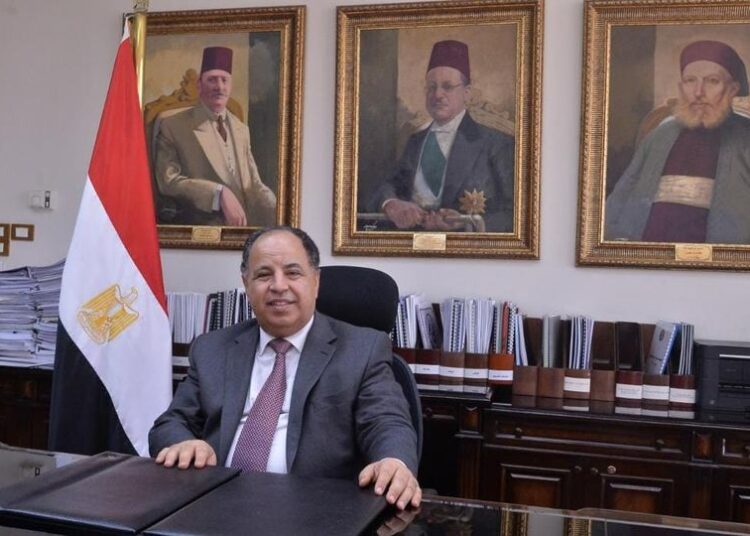Egypt’s Minister of Finance Mohamed Maeet said the Sovereign Sustainable Financing Framework is key to addressing international efforts to accelerate the response to climate change in conjunction with COP27, which was held in Sharm el-Sheikh two months ago.
The minister affirmed the government’s commitment to achieving the goals of sustainable development so that green, blue, social, sustainable, and gender bonds can be issued.
The framework defines the government’s environment and social priorities in order to maintain Egypt’s lead in innovative climate financing, social and economic development in Africa and the Middle East, the minister said.
It is an update of the green financing framework that was launched in 2020, when Egypt issued the first green sovereign bonds in the Middle East and North Africa worth $750 million, the minister added.
In 2021 the first environmental impact report was published, including the size of benefits as a percentage of financial returns from the green offerings with regard to financing targeted projects, Maeet said.
The step was intended to bolster investor confidence in the local economy, Maeet added, pointing out that new categories of green projects with a social dimension had been added to Egypt’s sustainable portfolio to reflect ambitions for Egypt 2030 Vision.
Egypt 2030 Vision is the basic strategy for the country to achieve sustainable development, and is based on three main dimensions: environmental, social and economic, which guides the nation in setting policies and programmes to achieve the United Nations goals for sustainable development, he said.
The government aims at sustainable development and the eradication of poverty, Maeet said.
The minister praised the efforts of the sustainable financing working group at the Ministry of Finance in co-operation with the ministries of Environment, Planning, Transport, Housing, Electricity and Renewable Energy, Higher Education, Communications and Information Technology, Agriculture, Irrigation and Water Resources, Health, and Social Solidarity.
Ahmed Kouchouk, Vice Minister for Financial Policies and Institutional Reform, said the Sovereign Sustainable Financing Framework will “enable us to achieve most of the sustainable development goals of the United Nations, and contribute to expanding financing methods”.
Kouchouk noted that this framework has obtained very good Sustainability Quality Score from Moody’s investor service, thus confirming the compatibility of the framework with international standards related to the principles of the International Capital Market Association (ICMA).
This framework was judged “distinguished” according to criteria of sustainability.
Citibank and Standard Chartered Bank acted jointly to structure the sustainable financing framework.






Discussion about this post